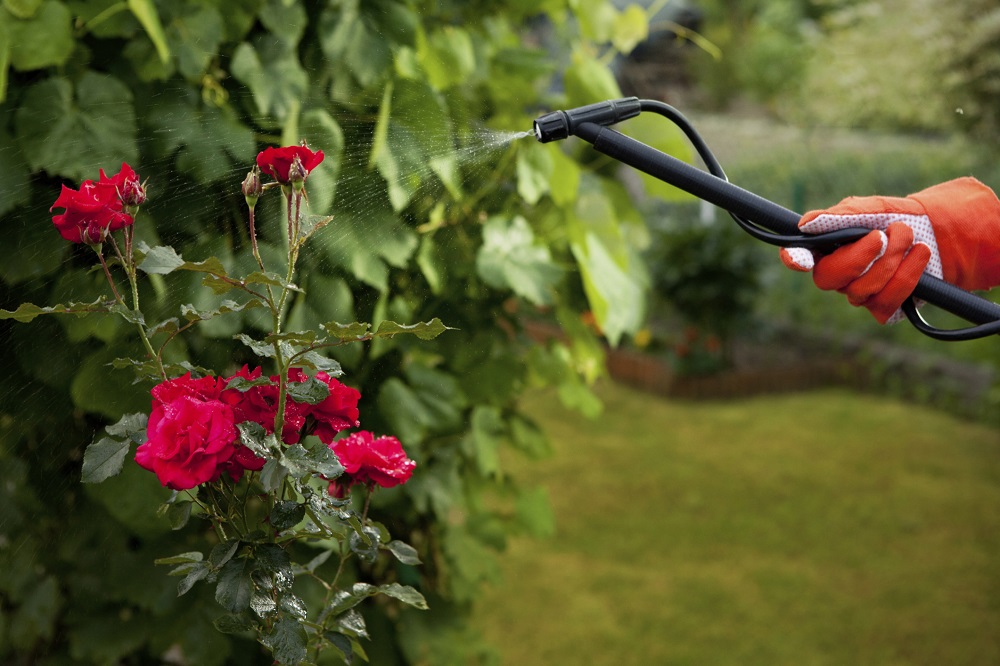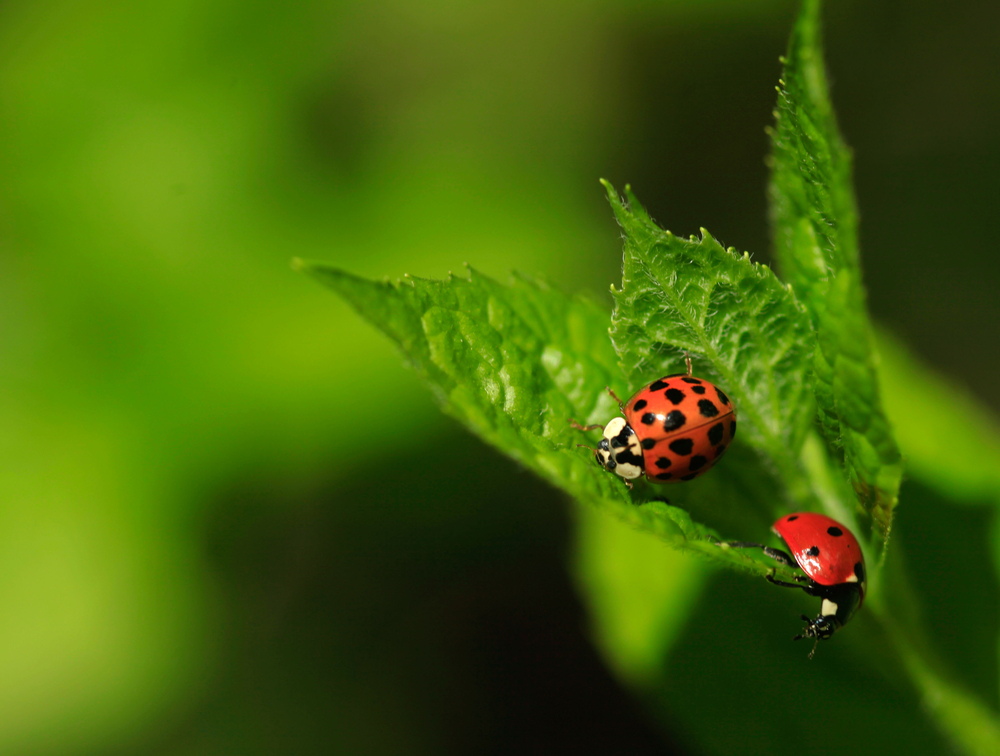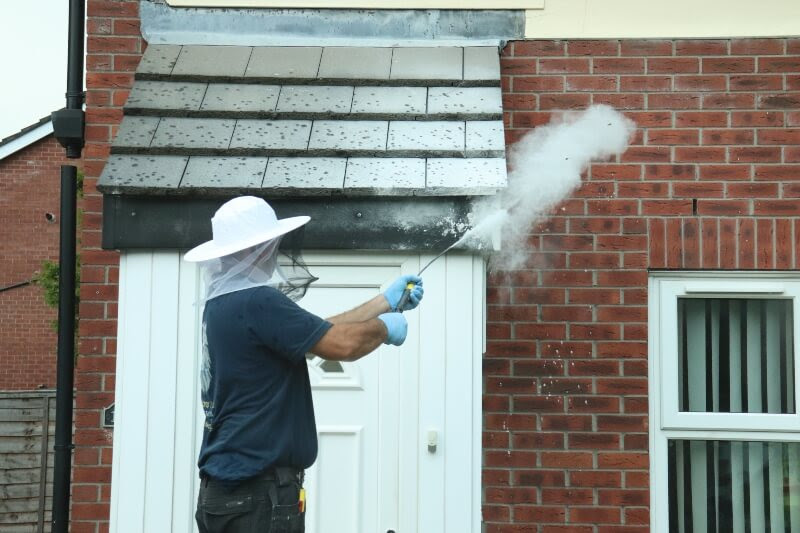Gardening pests are pretty common in most gardens but they can quickly become your worst nightmare if not taken care of immediately. Even if you provide outstanding care for your garden, with a dangerous pest waiting to attack, the results are bound to be detrimental.
Before you call in experts for gardening in Manchester to take care of the problem, it’s important to have some basic knowledge of the types of pests that your garden is likely to welcome and how to detect them. In this article, we’ll look at five common gardening pests that can cause damage to your plants, veggies, or flowers.
Cutworms Cutworms are moth caterpillars that nest in the upper layers of soil and feed off of the stems of young plants. They are most active during the night when they attack early veggies and flowers eating the stems found at ground level. They’re incredibly destructive and can completely eat away the plan, leaving nothing to enjoy in the garden. One of the ways they destroy plants is by cutting tougher stems of older plants. They resemble grubs and can easily be mistaken for Japanese Beetle larvae.
Some of the signs that can tell you that you have a cutworm infestation include chewed plants at the base, shrivelled and dying plants, and poor plant stem conditions.

One of the ways to go about this problem is to manually pick the worms and dispose of them. However, this may be a bit time consuming and uncomfortable. You can try cutworm collars on transplants or consider delaying planting in general if you’ve noticed that there’s a problem.
Ants These tiny pests are not only often unwelcome guests in our homes but also strike our gardens and cause damage. Although they don’t directly damage the plant as they don’t feed on it, they can significantly harm the soil in the process of creating their nests. If you have any specimens growing low, this may be a problem.
You can get rid of nests by drowning them. You can also carefully remove the affected soil and replace it with a new one. Ants are strongly repelled by certain smells that you can also use to keep them away from your garden. Some of these smells include cinnamon, mint, and others.
Blackfly Although there are different types of blackflies, the most popularly seen one is the black bean aphid. It is popular for striking the soft and sappy part of broad beans, runner beans, French beans, nasturtiums, and others. They’re also a popular factor for the growth of mould. They’re mostly found on veggies and plants during the spring or summer seasons. Black bean aphids are about 2mm long and mostly black, with a few white flecks on part of their bodies.
There are a few naturally occurring predators that you can use to get rid of blackfly problems in your garden. These include ladybirds, hoverflies, and lacewing larvae.
Flea beetles Despite the fact that there are many different types of flea beetles, they all have similar behavior. They consume the foliage of veggies like broccoli, cabbage, cauliflower, kale, radish, tomato, eggplant, and pepper plants. They are usually active during the warmer months of the year, when they feed off of leaves, creating destructive holes in the foliage. In addition, when reproducing, they lay their eggs in the roots of your vegetables. The larvae use the roots for food and cause further damage.

If you spot tiny round holes in foliage, you are probably facing a flea beetle infestation. To solve this problem, you can use talcum powder or a cup of alcohol mixed with two and a half cups of water and a teaspoon of non-toxic liquid dish soap.
Tomato HornwormAs the name suggests, the tomato horn worm mostly attacks the tomatoes in your garden. It’s a complicated type of pest that is an immature form of Sphinx Moth, a rare and protected moth. Despite everything, it can be extremely dangerous for your garden and can completely ruin your tomatoes when in its caterpillar form. You won’t struggle to identify this type of pest. They have a unique and striking appearance. They’re bright in colour, have fluorescent green skin with a dark appendage.
There are a lot more gardening pests to stay away from but these are some of the most popular ones. Protect your garden and enjoy healthy and strong plants, vegetables, and flowers.
